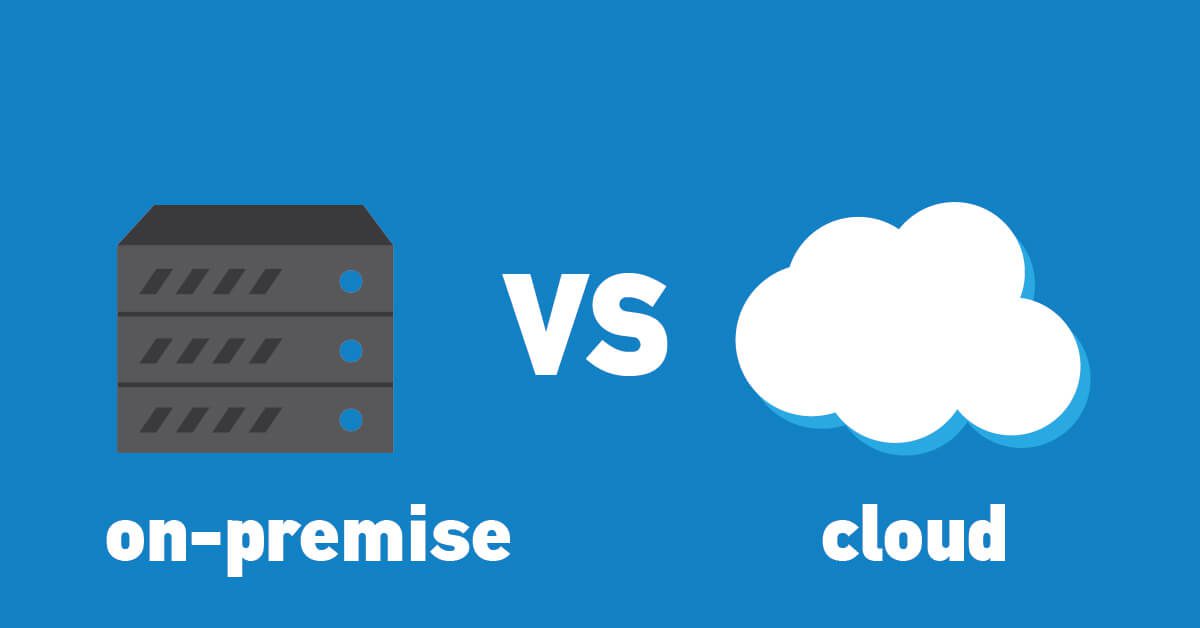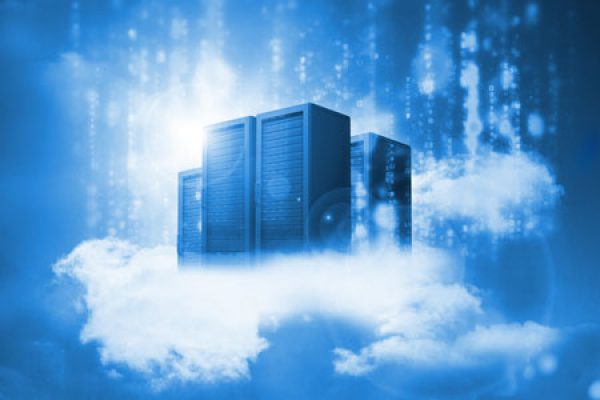Share
Read also

Trends & Views
Digital transformation strategies

Business Software
CRM 2025 market: Response to increasing customer demands

Business Software
Understanding the ERP lifecycle management

Mobility
How is EM shaping the way SMBs operate?
To put it bluntly, there is no actual dilemma when it comes to deciding whether you should choose an on-premise or Cloud-based solution. With the exception of organizations with special requirements, all other businesses have come to realize the need to transfer their applications to the Cloud. In fact, new businesses are not willing to invest in on-premise solutions, since they have identified the financial benefits, the flexibility and the scalability that Cloud-based solutions are offering. It is interesting to examine though the case of businesses that have already invested in on-premise solutions and are now faced with three options: keeping their existing systems, migrating to the upgraded Cloud environment offered by their provider (re-implementation) or migrating to an entirely new Cloud-based system.
If a business decides to maintain its existing status quo, fearing the consequences of deploying a new ERP solution, the outcome can only be one: the current peace of mind will have its toll on future effectiveness, or actually lack thereof -restricted support, limited investment in a product that is considered rather obsolete and constant pressure to migrate to a newer, Cloud edition. Of course, there will always be other providers willing to offer support services, but this will only refer to simple maintenance and stagnation. Are there any businesses that don’t need continuous renewal and adjustment to new circumstances and markets?
The second choice would be migrating the existing system to a Cloud version. Indeed, a large number of businesses have trusted their providers to develop a new Cloud-based version of their existing on-premise solution and ensure their easy migration to the Cloud. This is called “re-implementation”. In this case, the challenge lies in the provider’s ability to complete this task properly and the business’ determination to actually go through with the migration. For example, it is not rare for businesses using legacy systems to get “attached” to a certain way of working. The personnel trained to manage the legacy systems is aging and gradually retiring. On the other hand, new-comers have very little motivation to acquire the required skills for legacy systems. So, re-implementation can be risky and has to be executed very cautiously and with clearly identified targets.
But, then, if a business is considering re-implementation, why should it not consider moving to an entirely new system? Migrating to a Cloud-based ERP solution has significant benefits –that we all know of- starting from the simple fact that the costly servers that were required for the legacy systems, are no longer needed. And, of course, there is the matter of upgrades that just like that, they stop being an IT nightmare… Even in the case of re-implementation, we all know that this is easier executed on a Cloud-based system, rather than an on-premise one. Obviously, those businesses that opt for the Cloud-based solution will enjoy increased flexibility and will also be able to respond to market needs more effectively. The built-in features of modern systems help businesses expand, transform the way they sell their products and add services to their existing portfolio.
Conclusively, the dilemma of choosing between an on-premise and a Cloud-based solution is essentially non-existent anymore. For most businesses, it is not a matter of whether they will make this decision, but rather of when they will do it. In our opinion, the faster the better.







